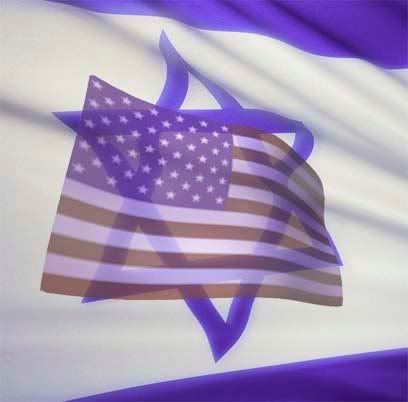Guatemala says it is moving embassy in Israel to Jerusalem
Guatemala’s president announced on Christmas Eve that the Central American country will move its embassy in Israel to Jerusalem, becoming the first nation to follow the lead of U.S. President Donald Trump in ordering the change.
Guatemala was one of nine nations that voted with the United States and Israel on Thursday when the U.N. General Assembly overwhelmingly adopted a non-binding resolution denouncing Trump’s recognition of Jerusalem as Israel’s capital.
Trump didn’t set any timetable for moving the U.S. Embassy from Tel Aviv to Jerusalem, and neither did Guatemalan President Jimmy Morales.
In a post on his official Facebook account Sunday, Morales said that after talks with Israeli Prime Minister Benjamin Netanyahu, he decided to instruct Guatemala’s foreign ministry to move the embas
Guatemala and Israel have long had close ties, especially in security matters and Israeli arms sales to Guatemala.
No other country has their embassy for Israel in Jerusalem, though the Czech Republic has said it is considering such a move.
In a statement, Netanyahu praised Morales’ decision and said that he was waiting in Jerusalem.
“God bless you, my friend, President Morales,” he said. “I told you recently that there will be other countries that would recognize Jerusalem and announce the transfer of their embassies to it. Well here is the second country and I reiterate: It is only the beginning and it is important.”
Trump upended decades of U.S. policy with his Dec. 6 announcement that he was recognizing Jerusalem as Israel’s capital. Though Trump said he was merely recognizing reality and not prejudging negotiations on the future borders of the city, Palestinians saw the move as siding with Israel on the most sensitive issue in the Israel-Palestinian conflict.
Israel claims all of Jerusalem as its capital, while the Palestinians claim the city’s eastern sector, which was captured by Israel in 1967 and is home to sensitive religious Jewish, Muslim and Christian sites. Many governments have long said that the fate of Jerusalem must be resolved through negotiations.
Trump’s announcement has set off weeks of clashes between Palestinian protesters and Israeli security forces that have left 12 Palestinians dead.
Netanyahu has made great efforts to reach out to Latin America in recent years as part of a campaign to counter longstanding support for the Palestinians at the United Nations.
The resolution passed by the General Assembly declared the U.S. action on Jerusalem “null and void.” The 128-9 vote was a victory for Palestinians, but fell short of the total they had predicted. Thirty-five nations abstained and 21 stayed away from the vote.
By THE ASSOCIATED PRESS GUATEMALA CITY



